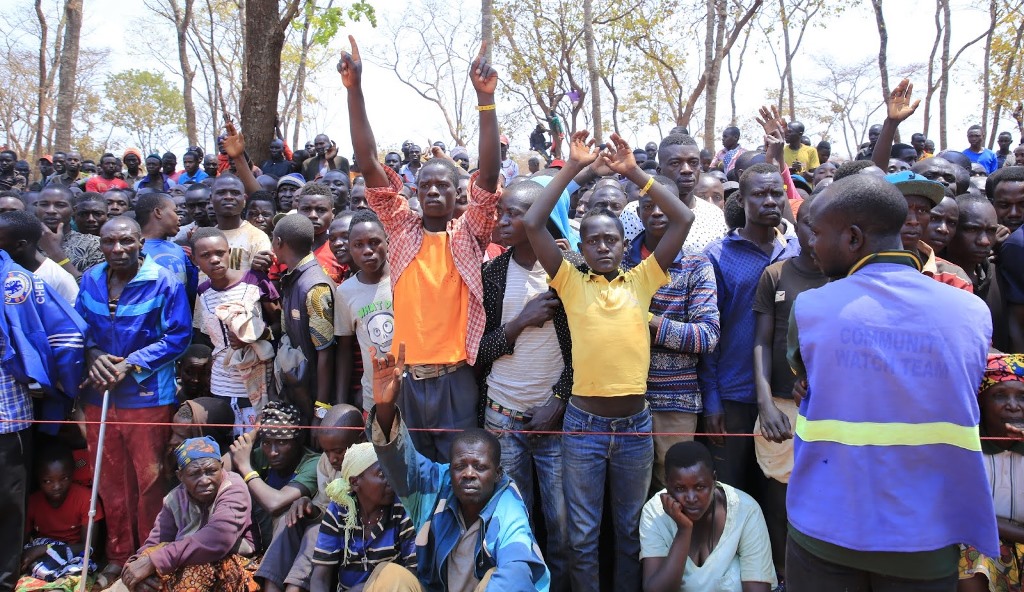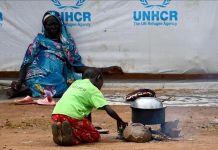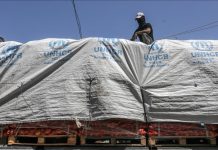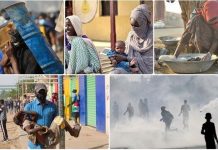THE United Nations High Commissioner for Refugees (UNHCR) has embarked on a pilot project aimed at providing refugees with alternative energy in Kigoma camps.
The project is also part of efforts to conserve the environment and protect refugee women and girls from sexual assaults and robbery as they go out to collect firewood.
UNHCR Environment Officer in Kibondo District, Mr James Mwangi, said that the use of firewood in refugee camps was threatening not only the environment but also the safety of refugee women and girls who collect firewood.
Mr Mwangi said that through the project, refugees will be trained on how to produce biomass briquettes to meet their essential energy needs.
“We are currently training refugees in Nyarugusu camp, and we are planning to move to Nduta next year and thereafter to Mtendeli,” he said.
Mwangi added that some 1200 refugees at Nyarugusu camp in Kasulu had been trained on how to produce the biomass briquettes.
He also noted that the project would also benefit more than 200 farmers from the host communities.
“We are working with the Relief to Development Society (REDESO) to train farmers at Mvugwe village in Kasulu District to enable them produce the briquettes. “This is a simpler, cheaper and cleaner cooking method. Biomass briquettes provide an alternative and environmentally- friendly solution for cooking…with this project, women will no longer have to travel for long distances to search for firewood,” he said.
Early this month, when the UNHCR Assistant High Commissioner for Operations, Mr George Okoth Obbo, visited Burundian refugee camps in Nduta and Mtendeli in Kigoma Region, he pledged to continue mobilising efforts and funds to ensure that they are sustainably served with alternative sources of energy to save the environment.
“Reducing the amount of firewood needed in refugee camps can have a great impact on the local environment, so our priority for now will be addressing the issue,” he said.
He added that the issue of firewood was not only causing problems to women, but also detrimental to the envi ronment.
Mr Obbo however remarked: “More support, partnerships and joint efforts between humanitarian, development and private actors will be required to finance and deliver sustainable energy in the camps.”
For his part, the Director for Refugee Services in the Ministry of Home Affairs, Sudi Mwakibasi said that environmental degradation in the refugee camps and surrounding communities was soaring, thus calling for instant measures to address the problem.
“We are calling on humanitarian actors to increase funding to energy sectors, specifically in cooking energy for refugees…as the government continues to ensure that refugees stay safely in the country,” he said.
According to current estimates, more than 90 per cent of refugees in camps have limited access to electricity.
More broadly, a lack of energy makes it difficult for them to cook, keep warm, learn, work or find their way around at night, while also exposing them to various protection and health risks.
“This poses significant humanitarian and environmental challenges. We need to ensure that those forced to flee are able to meet their basic energy needs in exile, while also minimizing environmental degradation and protecting the livelihoods of host communities,” he said.
A Global Compact on Refugees which was forged in December 2018 by member states of the United Nations calls for increased investment in renewable energy in refugee host countries to secure refugee access to fuel and energy.
It also encourages integrated and sustainable management of natural resources and ecosystems in or near refugee hosting rural and urban areas.







